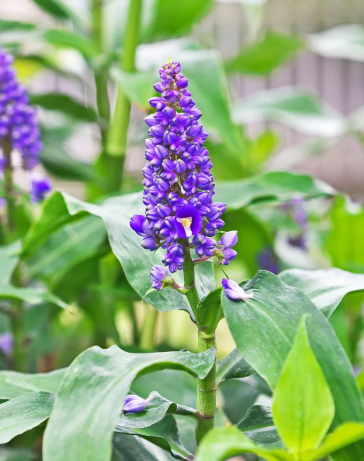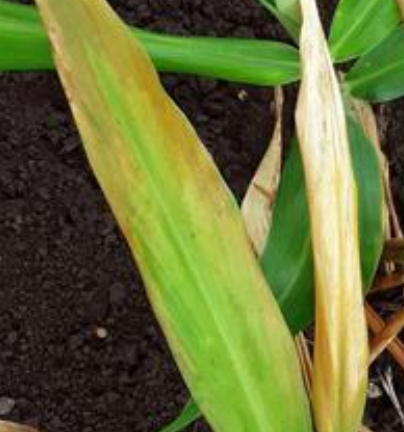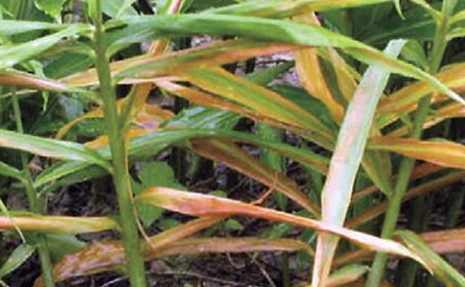Blue Ginger Plant
Dichorisandra thyrsiflora, or Blue Ginger, is a moderate-growing perennial, 3-6 ft tall, prefers well-drained soil, partial shade, medium moisture, not edible, and has no medicinal uses.

Habit
Perennial
Height
1-2 m
Growth
Moderate
Soil
Well-drained loamy
Shade
Part
Moisture
Medium
Edible
No
Medicinal
No
Origin
Southeast Asia
Climatic Condition
Tropical, Subtropical
Temperature (°)
20-30°C
Humidity (%)
60-80%
Potting media
Loam + Organic matter
Fertilizers
Balanced NPK (10:10:10)
Watering
Regular watering
Plant Weight
300-500 g
Flowering Time
Summer
Soil Ph level
5.5-6.5
Water Ph level
6.0-6.5
Soil EC
1.0 dS/m
Yield Per Plant
Low yield
NPK ratio
10:10:10
life Span
2-3 years
Health Benefits
Ornamental, medicinal uses
Suggested Grow Media or Potting Mix ?
50% loam, 25% peat moss, 25% compost
Suggested Fertigation/Fertilizers
Fertilize every 2-4 weeks with balanced liquid fertilizer during growing season.
Common Diseases and Remedies
Leaf spot, Root rot, Powdery mildew, Aphids, Scale insects
Brown or black spots on leaves, white powdery coating, wilting
HEALTH BENEFITS
Medicinal Properties
1. Anti-inflammatory: Blue Ginger contains compounds that have anti-inflammatory properties, which may help reduce swelling and pain.
2. Antimicrobial: The plant has been shown to exhibit antimicrobial activity, which can help prevent the growth of bacteria, fungi, and other microorganisms.
3. Antioxidant: Blue Ginger contains antioxidants that can help protect cells from damage caused by free radicals.
Traditional Medicine
1. Digestive issues: Blue Ginger has been used to treat digestive issues such as nausea, vomiting, and diarrhea.
2. Respiratory problems: The plant has been used to treat respiratory problems such as bronchitis, asthma, and coughs.
3. Pain relief: Blue Ginger has been used to treat pain, inflammation, and fever.

